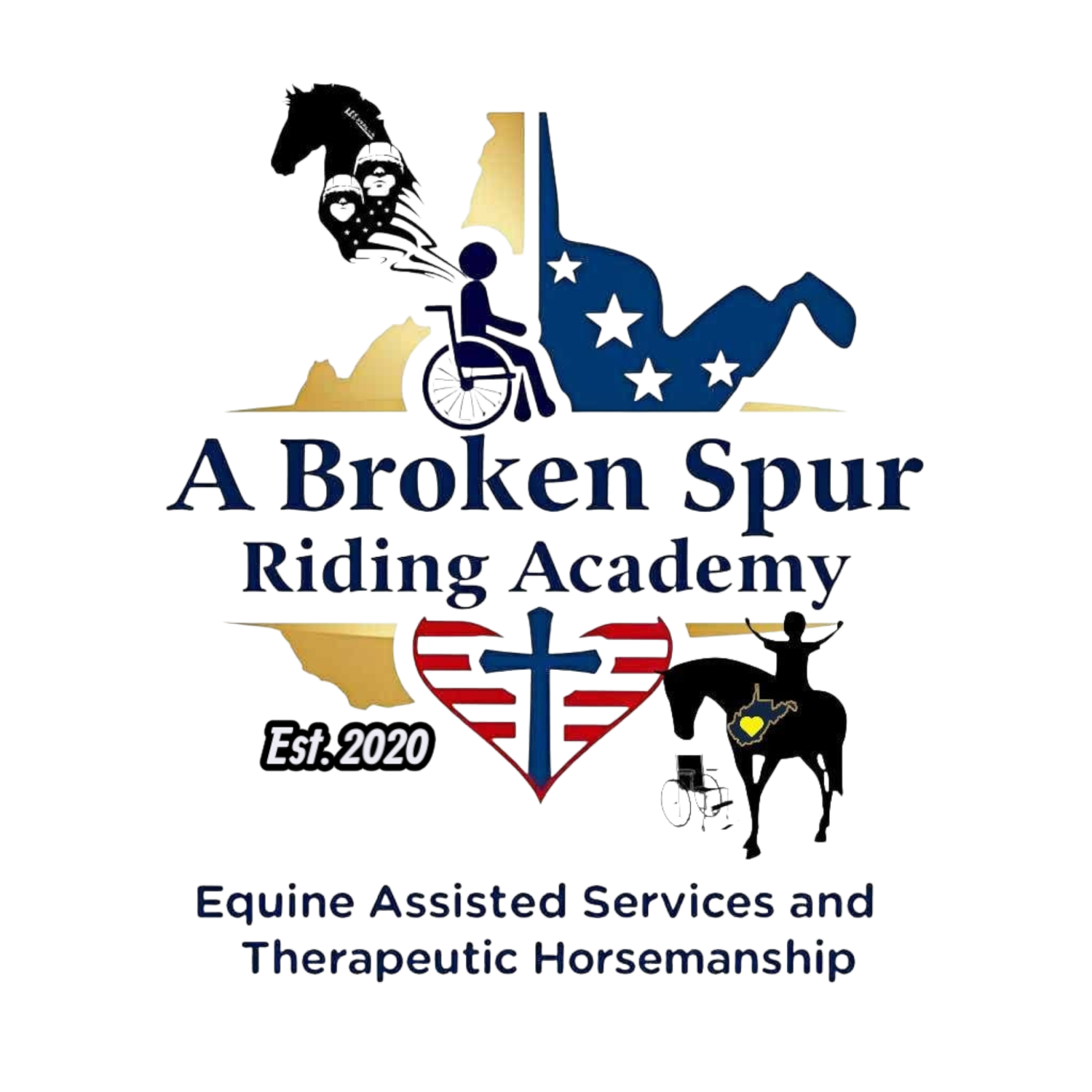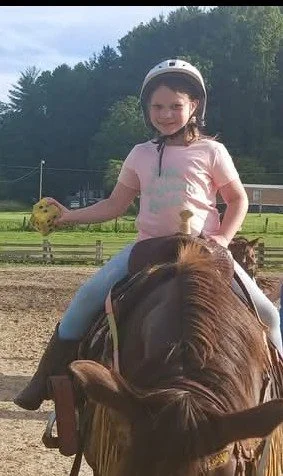A Broken Spur Riding Academy was founded in October of 2020
Originally established as an Adaptive Riding Program to serve children, adults, Veterans, those with special needs, and those able bodied. A Broken Spur Riding Academy is Center Member of Professional Association of Therapeutic Horsemanship International (PATH), a global authority and advocate for equine-assisted activities, therapies and equine assisted services that inspire and enrich people with their care and love for connecting horses with humans.
Over the years our programs have expanded to offer Equine Assisted Learning, Adaptive Riding, and will soon be offering Equine Facilitated Psychotherapy.
The benefits of human-horse interaction have been well known for many years. Equine Assisted Services can be highly rewarding and works on several different levels. It has physical benefits, for example, riders build core strength, increase flexibility, and improve balance. On a mental-emotional level, working with the horses helps people improve coping skills and focus.
Equine Facilitated Psychotherapy sessions are a collaborative effort between a licensed clinical therapist, and an equine professional who work directly with participants and the horses. Activities are all experiential; each activity has a written goal and objectives. The purpose of these sessions are to reduce emotional reactivity, anxiety and depression as well as improve coping, relationship and communication skills.
Our professional staff and volunteers work closely with clients to ensure safe lessons and increase confidence. Every effort is made to ensure the safety of the client, horse, volunteers, and staff. A Broken Spur Riding Academy's instructors have a strong equine background, as well as an understanding of various disabilities. Each staff member earns a minimum of 20 hours of continuing education per year. Our staff is comprised of outstanding individuals with a heart to help people.







